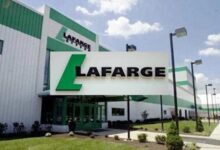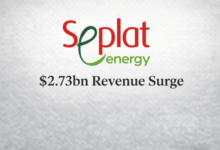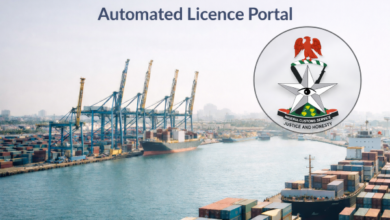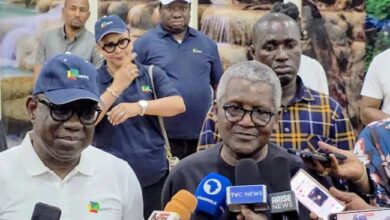REA, NASENI sign $150m battery manufacturing deal with China
 The Rural Electrification Agency (REA) and the National Agency for Science and Engineering Infrastructure (NASENI) has signed a 150 million dollars battery manufacturing agreement with Chinese investors.
The Rural Electrification Agency (REA) and the National Agency for Science and Engineering Infrastructure (NASENI) has signed a 150 million dollars battery manufacturing agreement with Chinese investors.
Malam Mutari Ibrahim, the Director Promotion and Outreach (PIO), REA said this in a statement issued in Abuja on Friday.
Ibrahim said that the agreement was signed with SHENZEN LEMI Technology Development Company.
REA, NASENI sign deal for rural electrification in Nigeria at COP28
He said that the agreement was signed under the leadership of the Ministry of Power and the China Ministry of Ecology and Environment as part of the takeaway by Nigeria from the COP 28 in Dubai
According to him, the partnership will facilitate the establishment of a Lithium-Ion Battery manufacturing and processing factory in Nigeria.
”The initiative which is backed by a 150 million dollars investment from LEMI is scheduled to commence in phases, starting from the 2nd quarter of 2024.
”The China Ministry of Ecology and Environment, in collaboration with the Ministry of Power expressed enthusiasm for being part of this transformative agreement.
‘The signing of the cooperation agreement is anticipated to serve as a pioneer initiative for the Light and Belt Initiative in Africa, aligning with global efforts to drive climate technology development and transfer,” he said.
Ibrahim said that the collaboration would strengthen NASENI’s mandate under the agency’s new leadership to manage the research and development of capital goods, production and reverse engineering to enhance local mass production of standard parts.
He said that the agreement would also enhance services for the nation’s technological advancement with a special focus on the electricity sector.
”Furthermore, the collaboration underscores REA’s commitment to bridging the climate technology gap and combating the adverse effects of climate change.
“It also aligns with the country’s ambitious goals of achieving universal electricity access by 2030 and netzero emissions by 2060,” he said.












